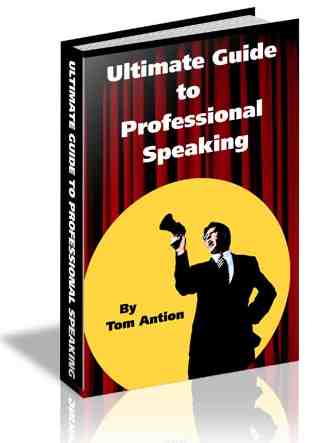One of the most pervasive principles in the construction of humorous situations is the Rule of Three. You will see it used over and over because it is simple. It is powerful and it works (see I just used it there in a non-funny situation). Most of the time in humor the Rule of Three is used in the following fashion: The first comment names the topic, the second sets a pattern, and the third unexpectedly switches the pattern which is funny. Here's a few examples from brochures advertising my seminars:
In the 'How to Get There'; section
From Washington, D.C. take Rt. 50 . . . From Baltimore, MD take Rt. 95 . . . From Bangkok, Thailand board Asian Air . . .
By Metro take the Red line . . . By Car take New York Ave. . . . By Steamship take the Chesapeake Bay
While in front of a group I might point to an audience member and say You can make a difference in your company. [Pointing to the next person] You can make a difference in your department. [Pointing to third fun person] You can [pause] Well not everyone can do this.
The Rule of Three is also used in constructing
bits (see bits article on this website).
Three jokes or one-liners on one topic is enough to create a rise in the audience, but not enough to tire them about that subject. Don't forget that the Rule of Three is good in non-funny situations too. Even honest Abe Lincoln used it twice in the powerful, but short, Gettysburg Address: 'We cannot dedicate. We cannot consecrate. We cannot hallow this ground'; 'and that government of the people, by the people, for the people shall not perish from the earth.'






